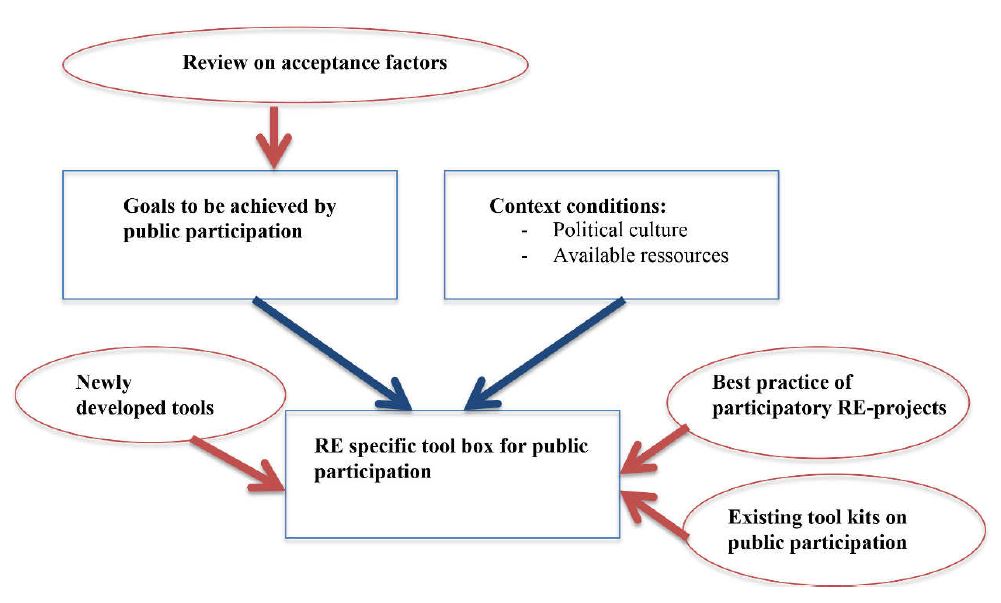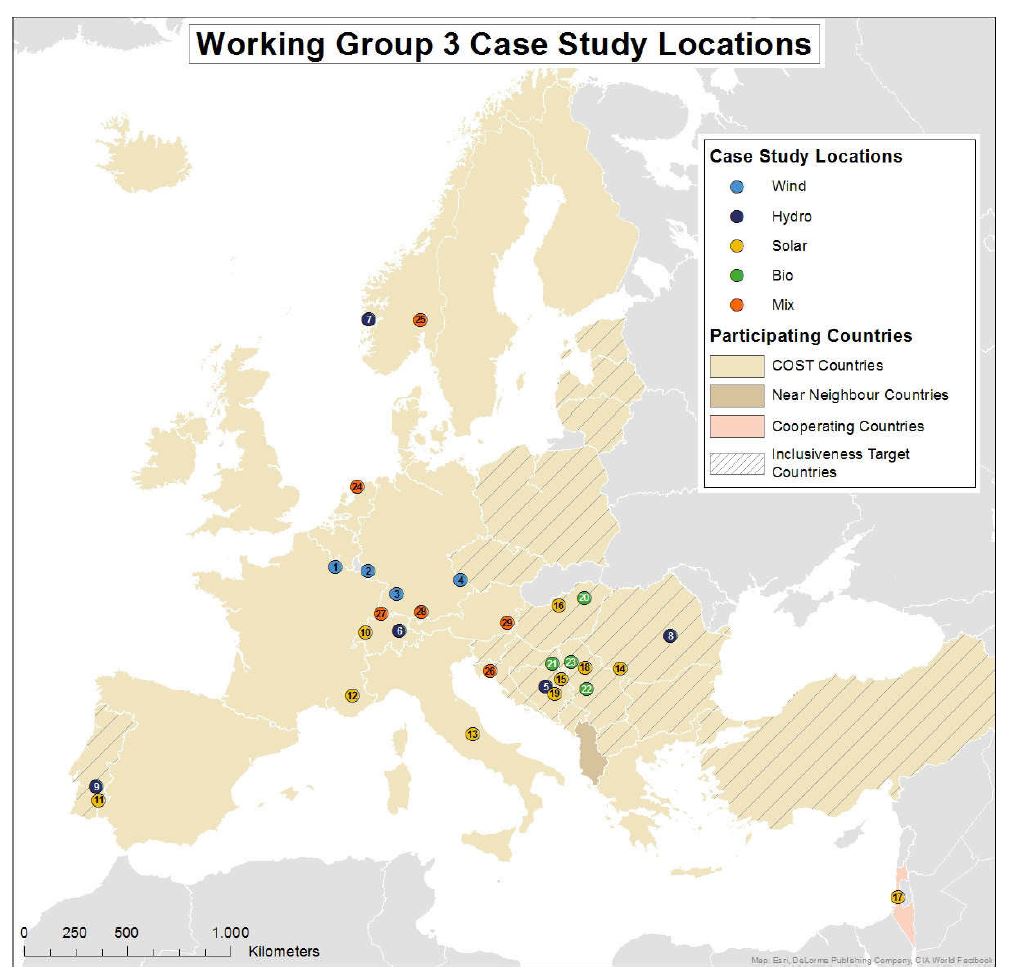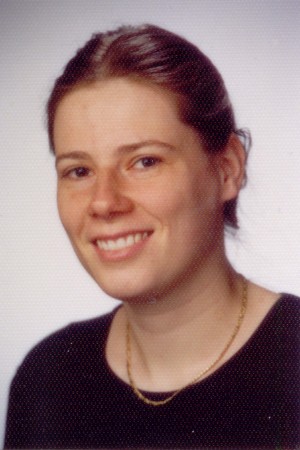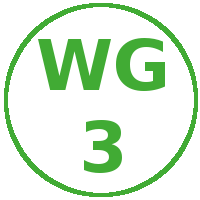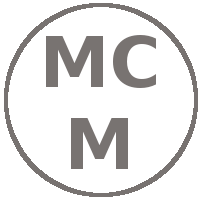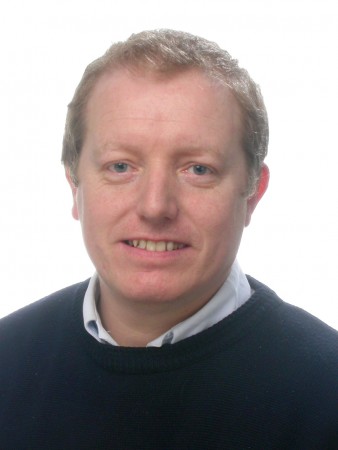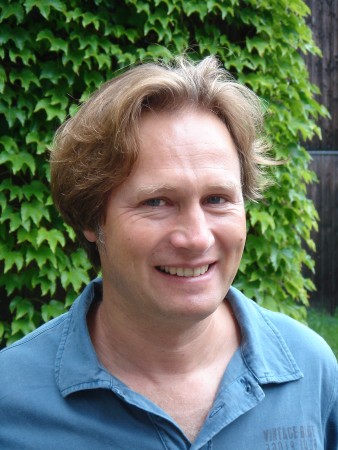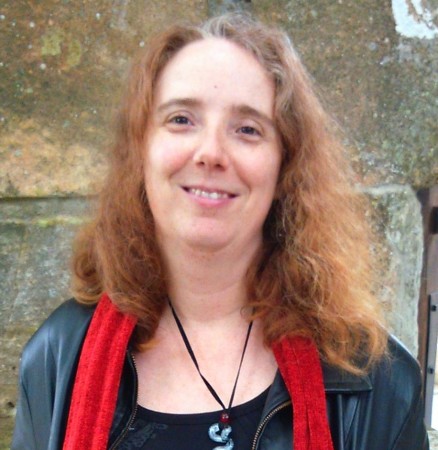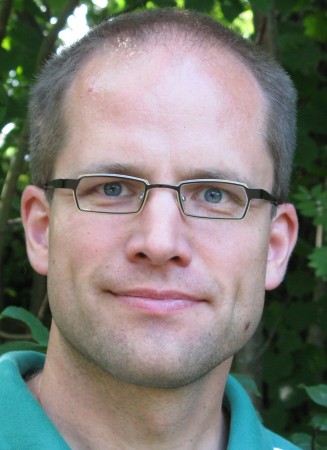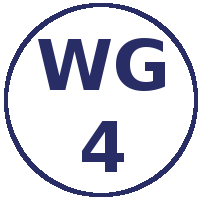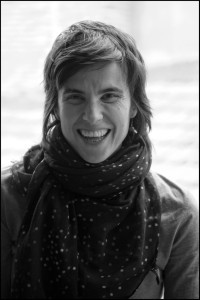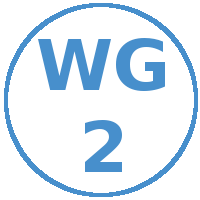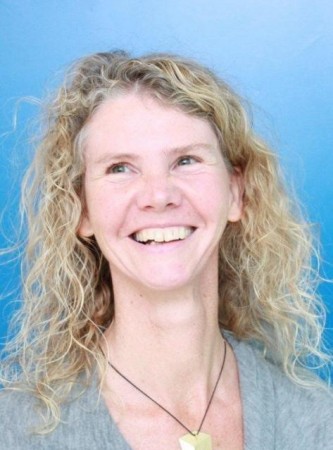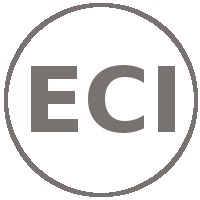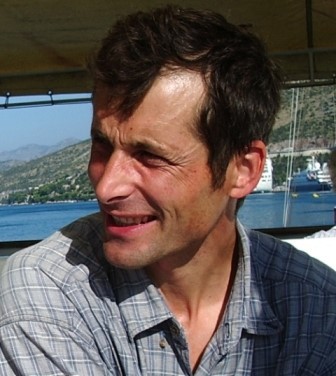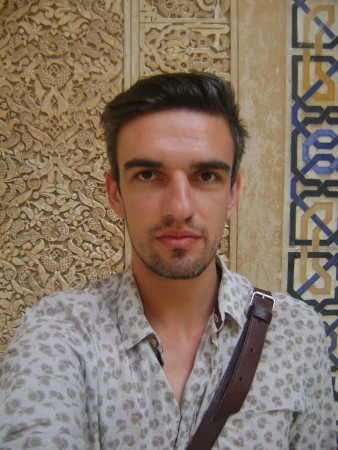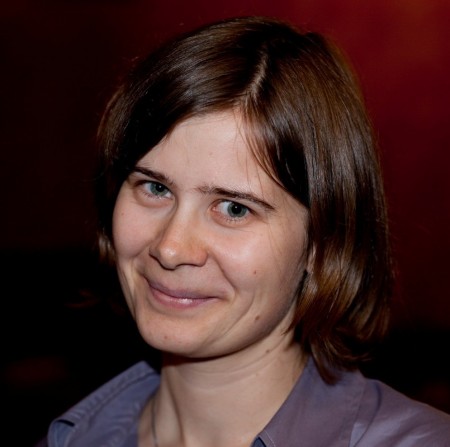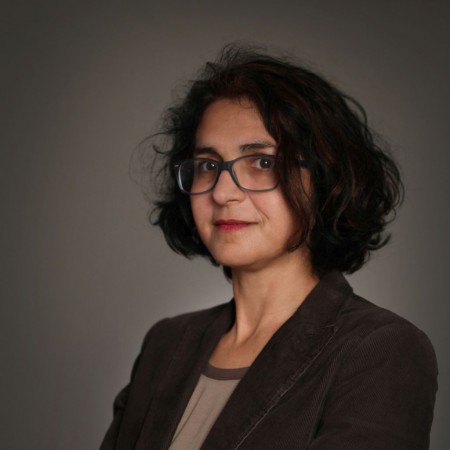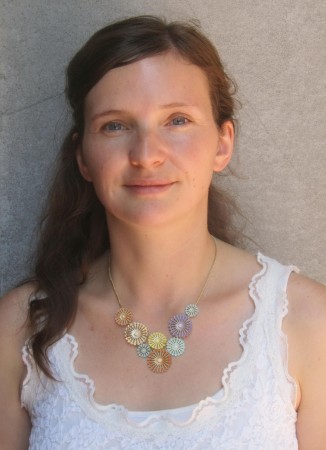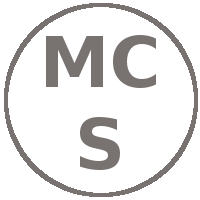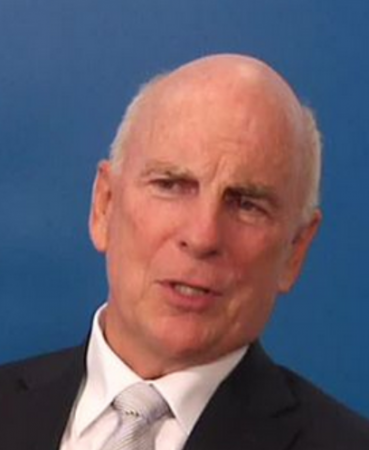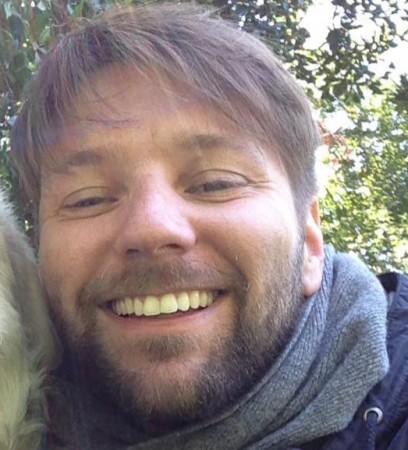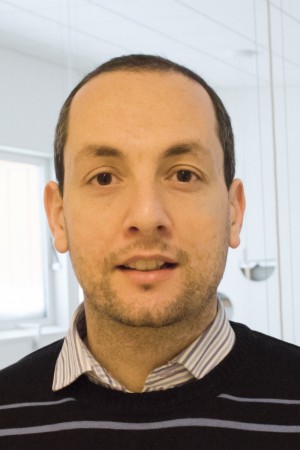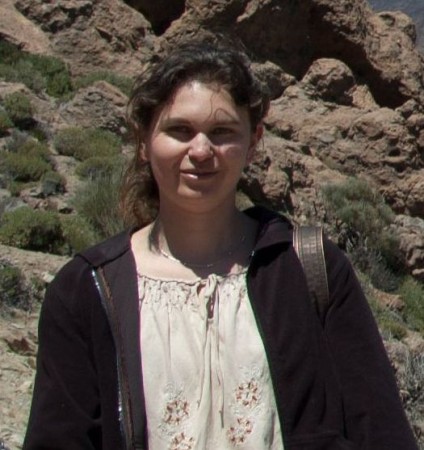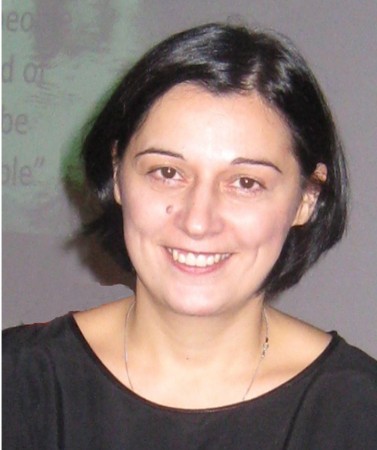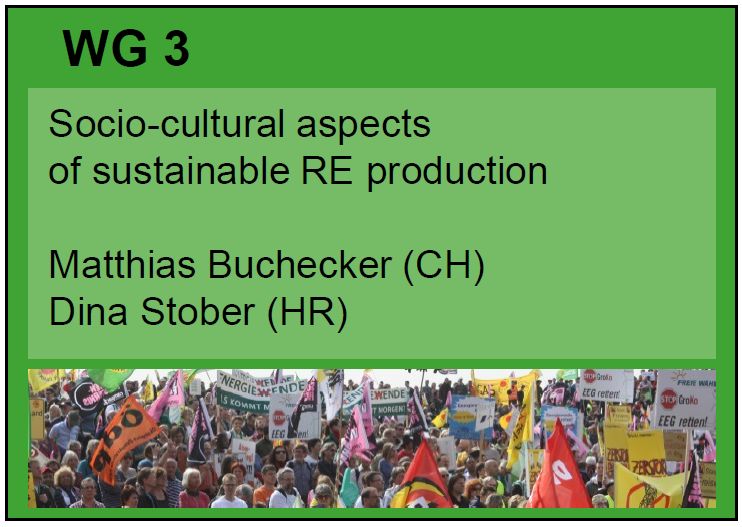 WG 3 investigated socio-cultural aspects of sustainable renewable energy production and proposd models and means of integrating specific aspects of renewable energy in participatory toolkits.
WG 3 investigated socio-cultural aspects of sustainable renewable energy production and proposd models and means of integrating specific aspects of renewable energy in participatory toolkits.
WG 3 began at the outset of the Action for approximately 1 year, collecting preparatory data and selecting case study regions. After year 1, with substantial inputs from WG 1 and WG 2, the intensive phase of WG 3 has started for years 2 and 3 of the Action's lifetime. The last year was mainly dedicated to finalizing and disseminating the toolbox for participation. The overlap of the intensive phases of WG 1, WG 2 and WG 3 guaranteed the desirable exchange of information but also allowed each of the three Working Groups to tailor their work program to fit the demands of the other Working Groups.
- Chair: Matthias Buchecker, CH contact
- Co-Chair: Dina Stober, HR contact
- Outcomes: Toolbox for participation.
- Members: You can get more information about the members of WG 3 by clicking on the photo or the name.
Objectives
This WP mainly aimed at integrating specific aspects of renewable energies in participatory toolkits. As a basis of this work, a better understanding of the socio-cultural aspects of RE production had to be elaborated. In particular, context specific acceptance problems of RE-projects in Europe had been identified, innovative practices of and tools for improving the local support of RE-projects had been revealed, and region-specific cultures and constraints of involving the public in planning had been disclosed. This was mainly achieved by reviewing international and national literature, conducting best
practice inventories and involving national experts through group discussions and standardised surveys.
In the framework of a project financed by COST Switzerland, a participatory tool based on Public Participation GIS (PPGIS) was elaborated to identify the best site for wind farms.
Outcomes
The main product of this WP is a toolkit for participatory planning of RE-projects defining a recommended context specific best practice procedure and suggesting problem-specific tools and measures.
The figure on the right shows the scheme for the toolbox, developed by WG 3 of COST RELY.
First results
The literature review revealed five main types of acceptance problems arising in the context of renewable energy projects:
- Adverse effects on place image
- Loss of landscape authenticity
- Lack of local integration
- Poor social justice
- Impact on environmental quality
The findings of the inventory of innovative practices in Europe suggest that the existing practices of participatory planning in the field of renewable energy do not sufficiently address these acceptance problems, and that there is also a lack of tools stimulating the bottom-up elaboration of local energy visions.
Location of Case Studies of WG 3 COST RELY TU1401

